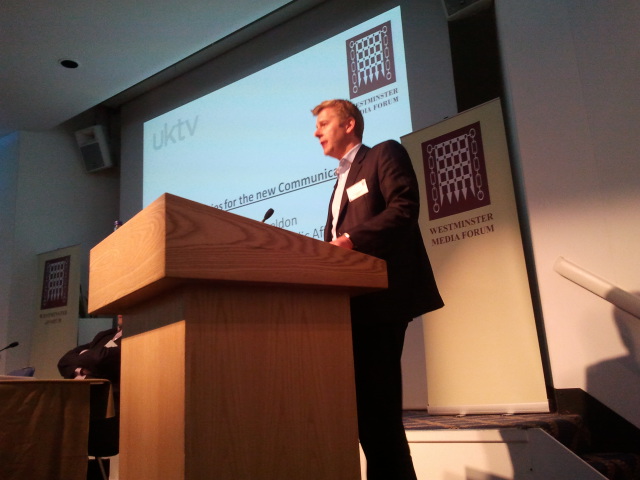Moving to a digital first policy is “symptomatic” of what is going on in the UK market place, according to Guardian Media Group chief executive Andrew Miller.
Speaking today at the Westminster Media Forum Miller said:
The Guardian is a leading creative business in the UK, and we have a great international voice.
But internationally it isn’t a level playing field. Overseas communications competitors may have more freedom if law in the UK is poorly implemented.
He also echoed thoughts shared earlier in the day by Sarah Hunter, Google’s UK head of public policy, saying companies needed to develop a “coding mentality” by employing strong and innovative developers to work alongside creative and editorial employees.
The Communications Bill needs to give enterprises like the Guardian freedom. Freedom to innovate and freedom to carry on what we do best.
It must not compromise enterprises that act in the public interest. Regulators also must have more contact with the public – it’s they who should help decide the future of rights rather than exclusively those in the media industry.
